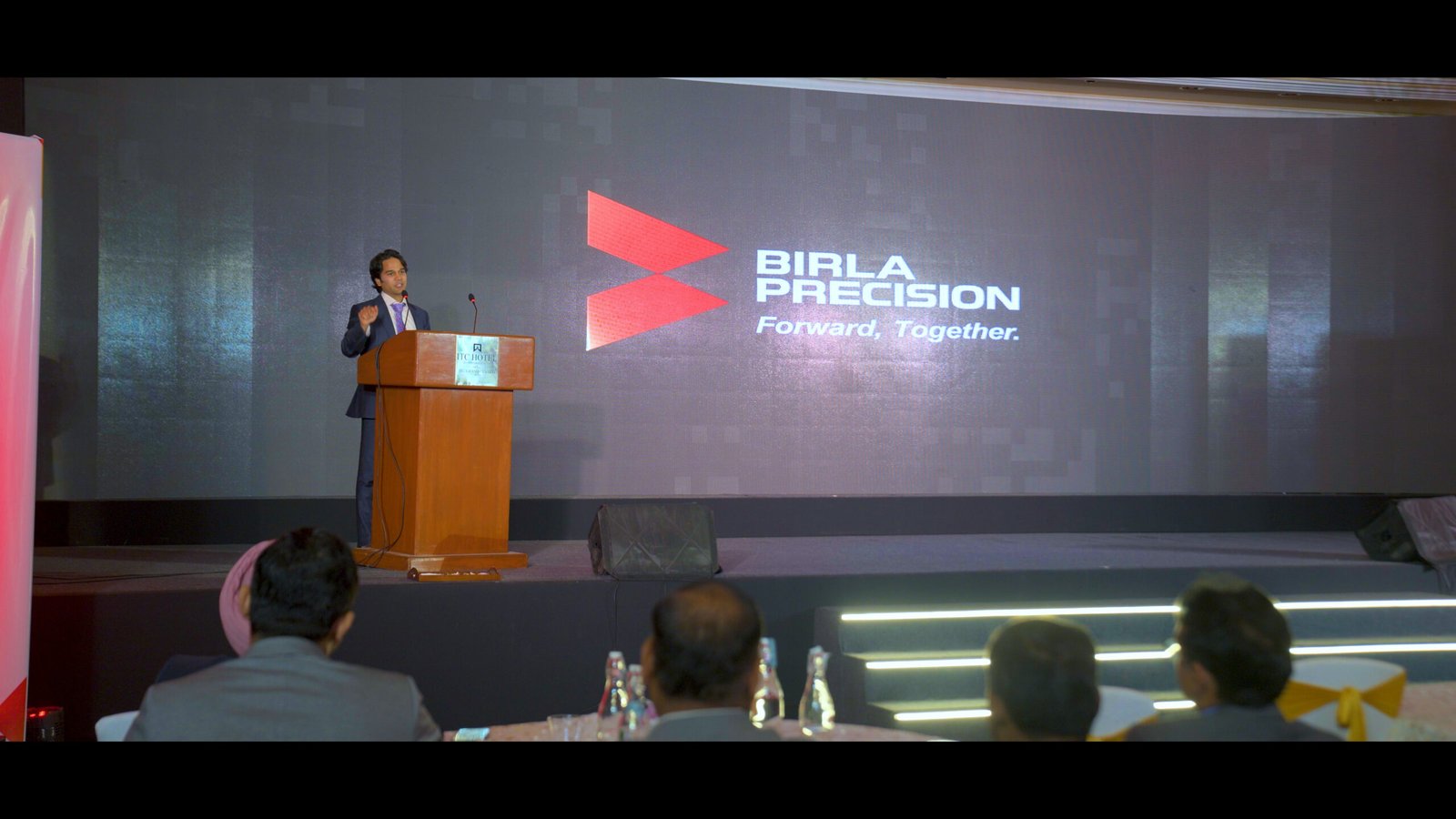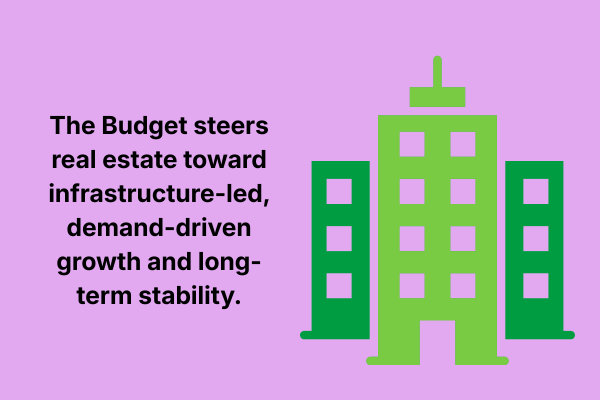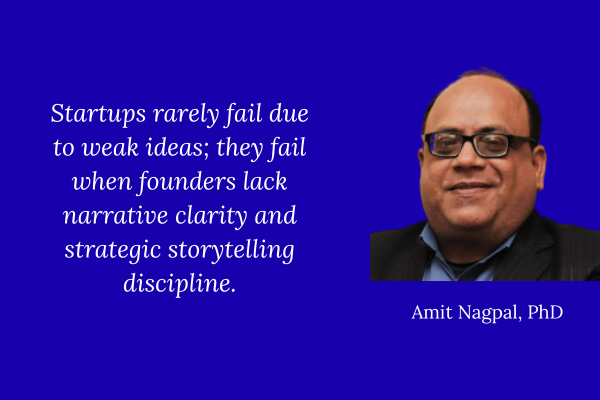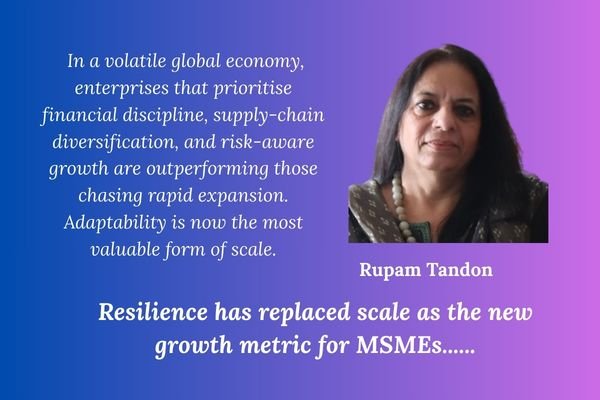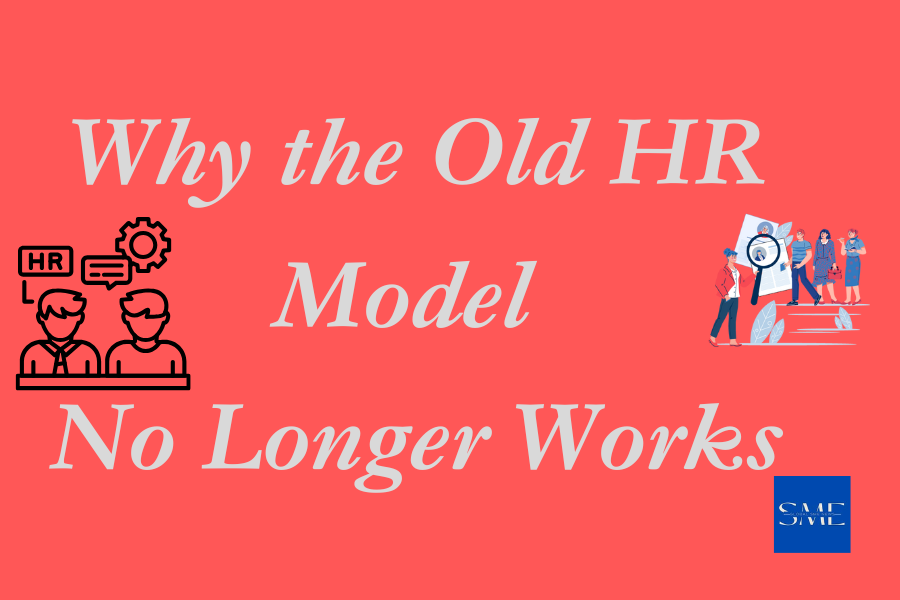In today’s rapidly evolving workplace, one fundamental question is rarely asked aloud but deeply felt across boardrooms and break rooms alike:
Is Human Resources as we know it dying?
The short answer is: yes—and it should be.
Traditional HR, with its roots in industrial-era management, is increasingly out of place in modern organizations. Once the gatekeepers of hiring, compliance, and control, HR departments are finding many of their core tasks—payroll, recruitment screening, onboarding—outsourced or automated. The “clipboard HR” of the past, obsessed with tracking time and surveilling workers, no longer fits the moment. If anything, clinging to that model risks organizational collapse.
Yet, while the old HR may be fading, a new HR is not only possible—it’s essential.
The Wrong HR for the Right Age
In a world where companies are smaller, flatter, and more digital, the industrial-style HR model is showing its cracks. Surprisingly, some entrepreneurs launching startups today still bring in the old command-and-control mindset. They try to manage highly creative, knowledge-based teams the way one might run a factory floor.
This fails for a simple reason: people today don’t want to be controlled—they want to be trusted.
We are entering an era where the term “employee” is giving way to “partner” or “associate.” It’s not just a linguistic shift—it reflects a deeper change in how work is done, and how people want to be treated. The newer generations—Millennials, Gen Z, and the emerging Gen Alpha—crave autonomy, psychological safety, and purpose. Surveillance tools masquerading as productivity apps, or micromanagement masked as “support,” only erode trust and creativity.
The New Mandate: HR as Culture Builder
So what should HR do instead?
It must transform from monitor to enabler, from compliance officer to culture shaper. Technology can handle transactions, but it cannot manage relationships, empathy, or moral judgment. HR’s future lies in designing frameworks where people feel seen, valued, and empowered.
Today’s HR must:
- Build flexible, inclusive, human-centered work cultures
- Embed well-being and work-life balance into core values
- Mediate conflicts with emotional intelligence, not authority
- Prepare teams for AI-integrated futures through upskilling
- Guard against toxic surveillance disguised as accountability
This is not just an operational shift—it’s a philosophical one. It means viewing people not as resources to be optimized, but as partners to be supported. It means recognizing that in the knowledge economy, how work is done matters as much as what is done.
From Function to Conscience
In many small or emerging companies, HR may not even exist as a standalone department. But the ethos of HR—the role of stewarding trust, fairness, and values—must still be present. Whether embedded in the founder’s mindset or delegated to a people operations lead, this role is indispensable.
In this new landscape, HR professionals—or their equivalents—must step up as custodians of ethics, dignity, and cultural integrity. They must help organizations scale values, not just rules.
A Necessary Death
So yes, HR is dying.
But what’s dying is the outdated, hierarchical, transactional version of HR.
What’s being born is something lighter, smarter, more relational—and far more human.
It’s not the end of HR. It’s the beginning of its real purpose.
Author Profile

-
Perumal Koshy is Editor of Global SME News and Director of Strategic Initiatives at Enterprise Futures Lab. He writes on MSMEs, enterprise development, and policy issues affecting small business ecosystems.
Linkedin: https://www.linkedin.com/in/caushie/
Latest entries
 FEATURED2 February 2026Outlook 2026 | Real Estate: Infrastructure-Led Growth, Integrated Communities, and the Trust Imperative
FEATURED2 February 2026Outlook 2026 | Real Estate: Infrastructure-Led Growth, Integrated Communities, and the Trust Imperative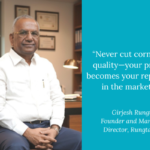 Entreprenurs30 January 2026Quality, Crisis, and Consistency: The Rungta Tea Story
Entreprenurs30 January 2026Quality, Crisis, and Consistency: The Rungta Tea Story Entreprenurs21 August 2025Entrepreneurship, Values, and Corporate Governance: Building Nations, Not Just Profits
Entreprenurs21 August 2025Entrepreneurship, Values, and Corporate Governance: Building Nations, Not Just Profits Africa13 August 2025 A New Landmark Report Calls for Rethinking SME Policies, Digital Readiness, and Sustainable Growth
Africa13 August 2025 A New Landmark Report Calls for Rethinking SME Policies, Digital Readiness, and Sustainable Growth
